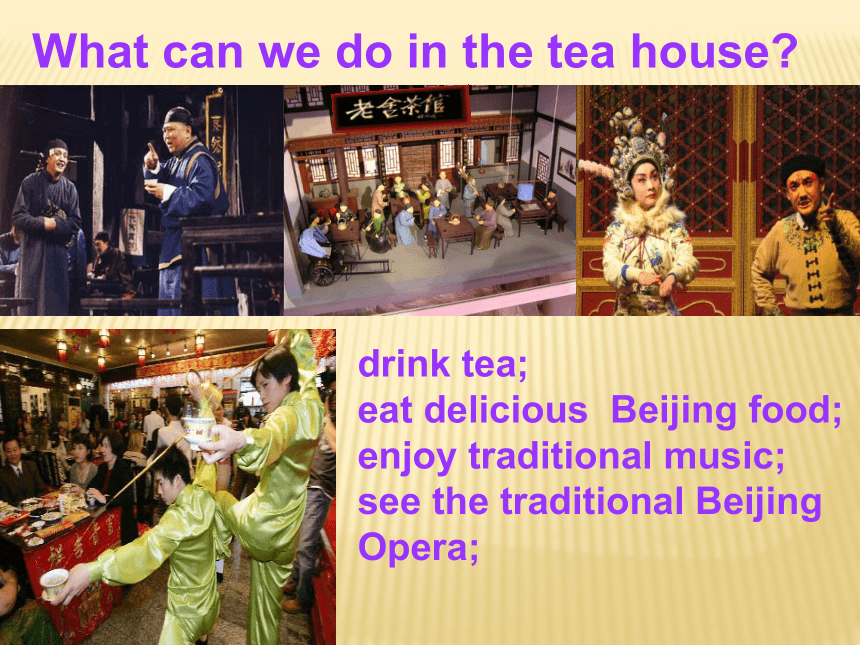
He improved the hair and makeup styles of the Dan and made them more aesthetically pleasing for a contemporary audience. Mei worked on making ‘Dan’ characters more beautiful. In 1922, he performed in ‘Farewell my Concubine’ 霸王别姬 (bà wáng bié jī) and changed the performances from the original so that the roles were reversed and the ‘Dan’ female character overshadowed the ‘Sheng’ or male character. In 1916 he performed in The Story of Su San 玉堂春 (yù táng chūn), and people were amazed were his singing voice and applauded and cheered.

He was able to paint and practise plays with his friends in his spare time.

7 days later, Mei performed his new role and he became an overnight sensation.įrom 1915 to 1916, Mei Lan Fang was extremely successful and was able to support his family. Mei’s friends suggested that in order to change Peking Opera for the future, he should choose Peking Opera Blues 穆柯寨 ( mù kē zhài) for his Grand Finale. He told Mei that in future he would appear in the grand finale. Wang found out that some audience members had left once Mei had finished his performance. He was given 2nd billing to Wang Fengqing the ‘Lao Sheng’ 老生 (lǎo shēng) or ‘elderly man’ performer. In 1913, Mei was invited to perform in Shanghai and this was the first time he had travelled so far from home. Although this modern type of opera did not survive, it was a sign of Mei’s desire to redesign Peking Opera for a contemporary audience. The topics were about everyday subjects, such as feudal marriage. New plays began to appear in Beijing where people wore modern clothes and introduced new twists. Mei Lan Fang and Tan Xin Pei became friends, and although Mei learned from him, he was beginning to reform Peking Opera and addressed contemporary issues that had previously been deemed inappropriate. The more traditional performers were afraid that the old ways would be replaced by more modern techniques, music and dancing. After the end of the Qing Dynasty in 1911, women were able to visit the theatre, who particularly enjoyed the Dan roles played by Mei Lan Fang.Īs Mei performed more and became extremely popular, following the path of other Peking opera stars, such as Tan Xin Pei 谭鑫培 (tán xīn péi) in order to become ‘King of Opera’. His performance was different from traditional ones, and audiences were enthralled. Mei stood out from other performers, and his ability to play any female role caused a stir in Beijing but marked him out as a star of Peking Opera. Later on, Mei also took on other ‘dan’ roles including 花旦 ( huā dàn) a vivacious female role. A ‘dan’ is a female role within Peking Opera, and during this time, women were not allowed to perform in opera so female roles were played by men.

Mei took on the role of the ‘dan’ 旦 (dàn), specifically 青衣 ( qīng yī). He learned the art of opera the ‘correct way’ and refused to take shortcuts.

Mei’s constant diligence and dedication made up for his shortcomings. Once he had been performing for some years, he joined a troupe, and the Mei family’s prospects greatly improved. In 1904, aged 10, Mei made his stage debut, although few people found him impressive. The Jia family tea house, now known as the Guanghe theatre 广和楼 ( guǎng hé lóu ), was a prestigious establishment that actors were honoured to play at. He was patient and after only 2 years of training, prepared Mei for his first performance. His family were extremely disappointed that Mei had not inherited his grandfather and father’s talent, and was described by an aunt 50 years later as being ‘inarticulate and bland looking’ as a child.Įventually, a teacher took on the role of training Mei in the operatic techniques needed to perform. He was initially taught by a former student of his grandfather’s, but Mei showed little talent and the teacher refused to teach him. Once he turned 8, Mei Yutian set about finding a trustworthy teacher who could train Mei in the art of Peking Opera.


 0 kommentar(er)
0 kommentar(er)
